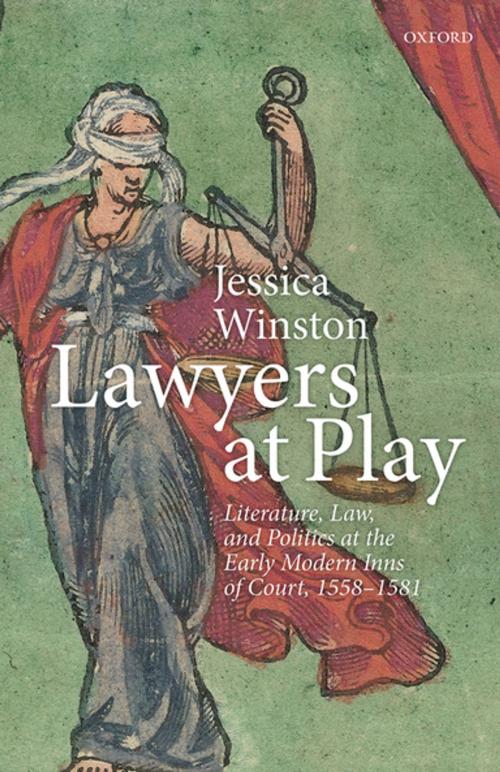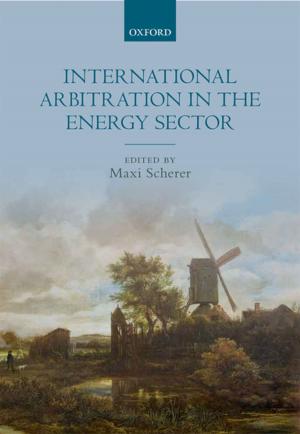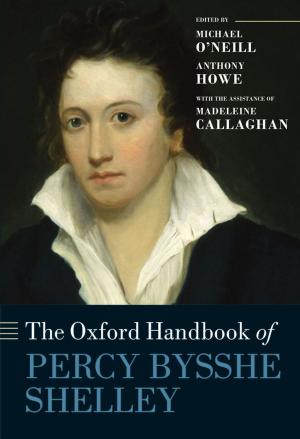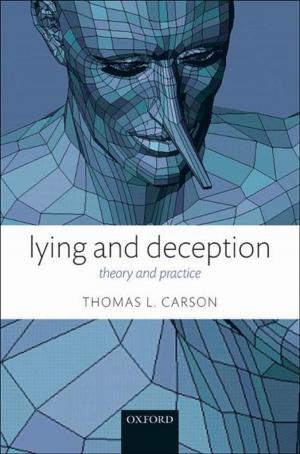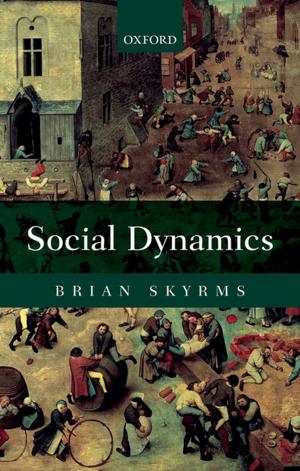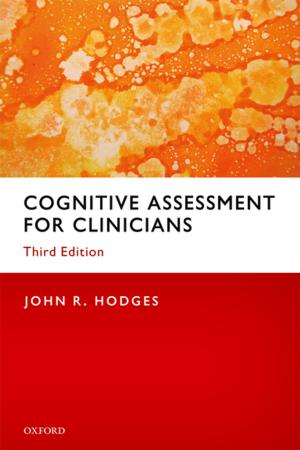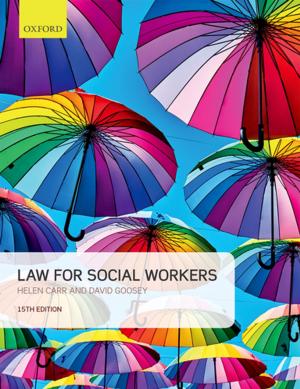Lawyers at Play
Literature, Law, and Politics at the Early Modern Inns of Court, 1558–1581
Nonfiction, Reference & Language, Law, Fiction & Literature, Literary Theory & Criticism, History| Author: | Jessica Winston | ISBN: | 9780191083945 |
| Publisher: | OUP Oxford | Publication: | May 19, 2016 |
| Imprint: | OUP Oxford | Language: | English |
| Author: | Jessica Winston |
| ISBN: | 9780191083945 |
| Publisher: | OUP Oxford |
| Publication: | May 19, 2016 |
| Imprint: | OUP Oxford |
| Language: | English |
Many early modern poets and playwrights were also members of the legal societies the Inns of Court, and these authors shaped the development of key genres of the English Renaissance, especially lyric poetry, dramatic tragedy, satire, and masque. But how did the Inns come to be literary centres in the first place, and why were they especially vibrant at particular times? Early modernists have long understood that urban setting and institutional environment were central to this phenomenon: in the vibrant world of London, educated men with time on their hands turned to literary pastimes for something to do. Lawyers at Play proposes an additional, more essential dynamic: the literary culture of the Inns intensified in decades of profound transformation in the legal profession. Focusing on the first decade of Elizabeth's reign, the period when a large literary network first developed around the societies, this study demonstrates that the literary surge at this time developed out of and responded to a period of rapid expansion in the legal profession and in the career prospects of members. Poetry, translation, and performance were recreational pastimes; however, these activities also defined and elevated the status of inns-of-court men as qualified, learned, and ethical participants in England's 'legal magistracy': those lawyers, judges, justices of the peace, civic office holders, town recorders, and gentleman landholders who managed and administered local and national governance of England. Lawyers at Play maps the literary terrain of a formative but understudied period in the English Renaissance, but it also provides the foundation for an argument that goes beyond the 1560s to provide a framework for understanding the connections between the literary and legal cultures of the Inns over the whole of the early modern period.
Many early modern poets and playwrights were also members of the legal societies the Inns of Court, and these authors shaped the development of key genres of the English Renaissance, especially lyric poetry, dramatic tragedy, satire, and masque. But how did the Inns come to be literary centres in the first place, and why were they especially vibrant at particular times? Early modernists have long understood that urban setting and institutional environment were central to this phenomenon: in the vibrant world of London, educated men with time on their hands turned to literary pastimes for something to do. Lawyers at Play proposes an additional, more essential dynamic: the literary culture of the Inns intensified in decades of profound transformation in the legal profession. Focusing on the first decade of Elizabeth's reign, the period when a large literary network first developed around the societies, this study demonstrates that the literary surge at this time developed out of and responded to a period of rapid expansion in the legal profession and in the career prospects of members. Poetry, translation, and performance were recreational pastimes; however, these activities also defined and elevated the status of inns-of-court men as qualified, learned, and ethical participants in England's 'legal magistracy': those lawyers, judges, justices of the peace, civic office holders, town recorders, and gentleman landholders who managed and administered local and national governance of England. Lawyers at Play maps the literary terrain of a formative but understudied period in the English Renaissance, but it also provides the foundation for an argument that goes beyond the 1560s to provide a framework for understanding the connections between the literary and legal cultures of the Inns over the whole of the early modern period.
